8 ways reclaimed items can look better than new – transform 'trash' into treasure
Use treasures from the past to renovate your home sustainably and fill it with character
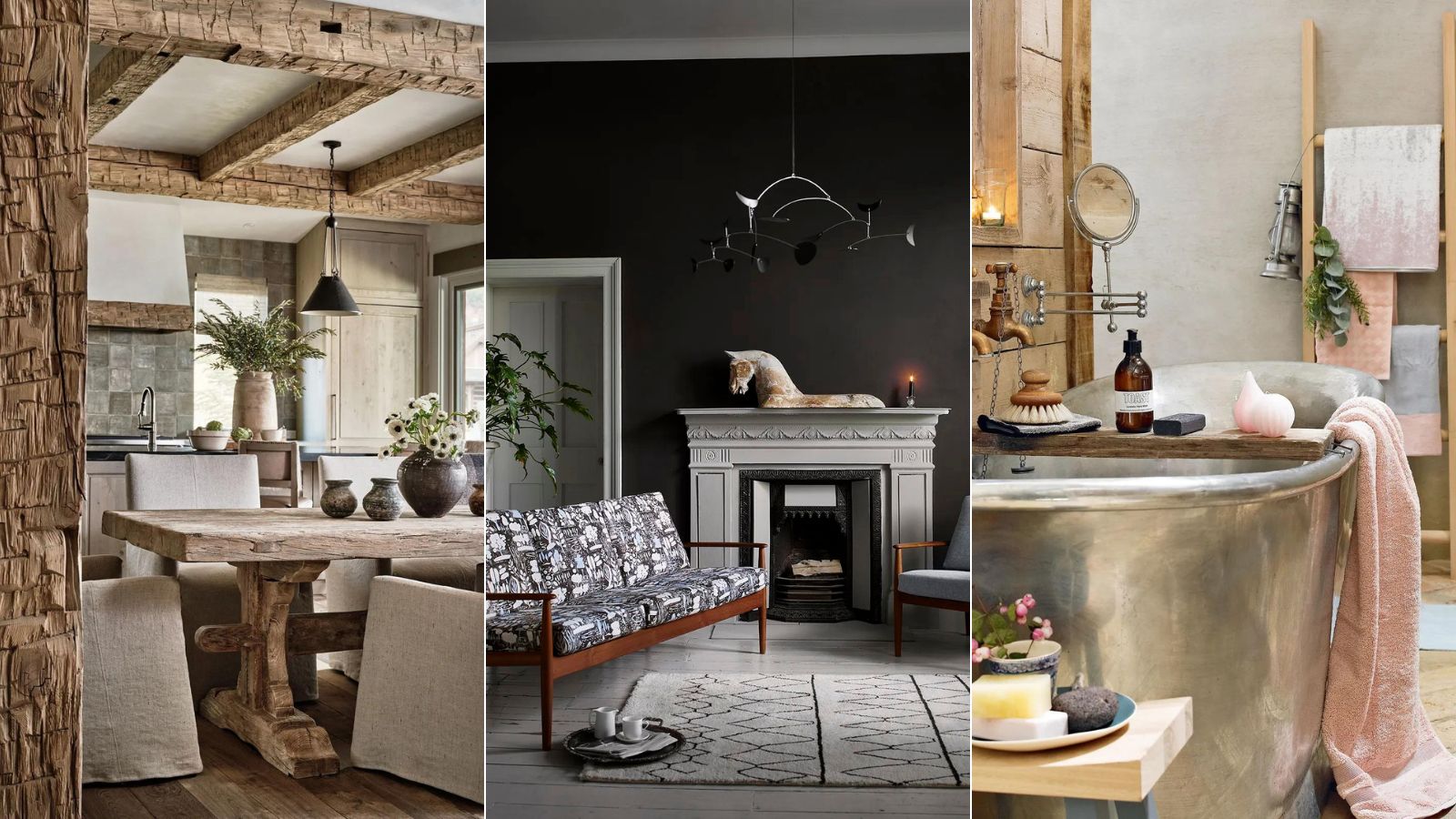

Using reclaimed materials can be the perfect way to save money and fill your home with a unique style. Restoring original features or bringing out the beauty of pre-loved second-hand fixtures and fittings is a far more sustainable choice than stripping out and throwing away the old and replacing with new.
When renovating a house, these materials can also give your interiors authentic character and a one-of-a-kind look. Plus, there is the money-can’t-buy satisfaction of restoring something that has been covered over and neglected and making it beautiful again.
And you can learn new DIY skills if you get hands-on experience doing it yourself – so you can proudly brag to house guests, ‘I did that’.
Reclaimed materials and items that are better than new
Let recycle and reuse be your mantra as you renovate your home sustainably with these tips to restore feature pieces.
1. Bathtubs

A clawfoot cast-iron bathtub can cost thousands of dollars to buy brand new, so it is worth the effort it will take to restore the worn and rusty tub you might have bought with your home or rescued from the salvage yard. Luxuriously deep, with their elegant roll tops and ornate feet, they will be the centerpiece of any renovated bathroom.
Age and wear can chip the paint and leave it spotted with rust. To treat, it should be scrubbed clean and spots of rust removed. Old flaking paint must be carefully stripped off, and any chips and nicks inside must be filled with putty and sanded down to smoothness.
Use refinishing paint and enamel to coat the inside – use a roller or hire/buy a sprayer so you can get a smooth, even finish. Allow to cure for several days until it is fully dry (the higher the humidity, the longer this process will take). Paint the feet in a contrasting metallic shade for a luxe touch.
This Ekopel Pour On Bathtub Refinishing Kit from Amazon takes the expense out of bathtub improvement, and its long-lasting, oil-free glaze never peels, restoring tub surfaces to a “like new” bright gloss.
2. Chandeliers
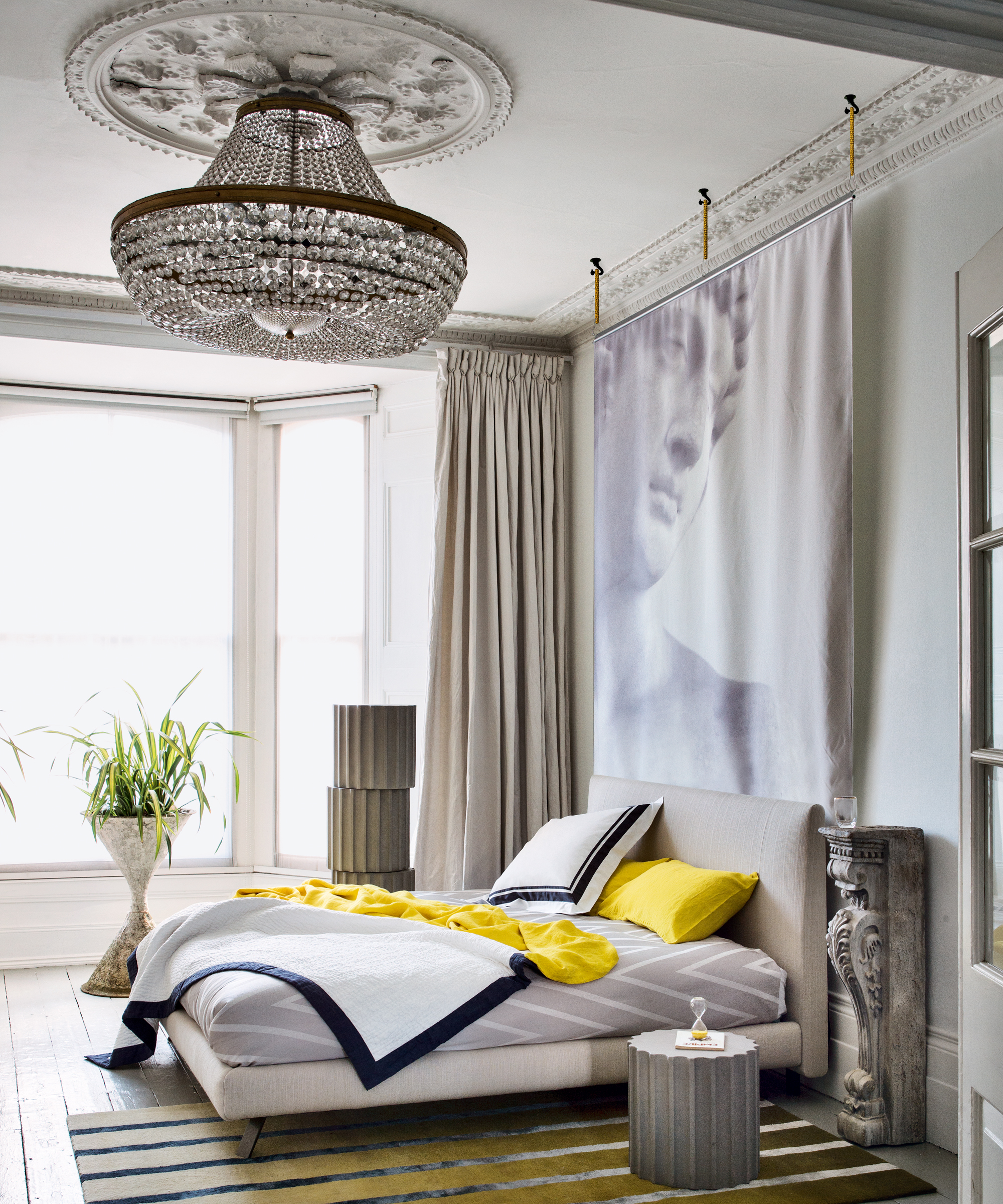
There is nothing quite like a chandelier for adding a hit of timeless glamor to a room. Hung high and glittering like diamonds in the light, this will really bring the wow-factor.
Vintage chandeliers can be extremely valuable – usually the bigger the better. You can look for identification marks to check if it’s made by a famous brand, such as Tiffany, Baccarat, or Murano Glass. To see whether it is made of crystal or antique glass, hold one of the drops or prisms up to the light – if they refract into a rainbow, it is likely crystal.
To refurbish, take lots of pictures of the chandelier before dismantling it so you can see where to rehang the drops. Use specialist cleaners to polish the metalwork and gently wash the drops in lukewarm water with some mild dish soap. Replace the brass hanging wire if necessary.
If you need to rewire the chandelier or convert a European chandelier from 220V to 110V, you may need to call on a professional electrician to do it. Once it’s hung, you can keep it clean by dusting lightly every few months with a feather or lambswool duster.
3. Garden features
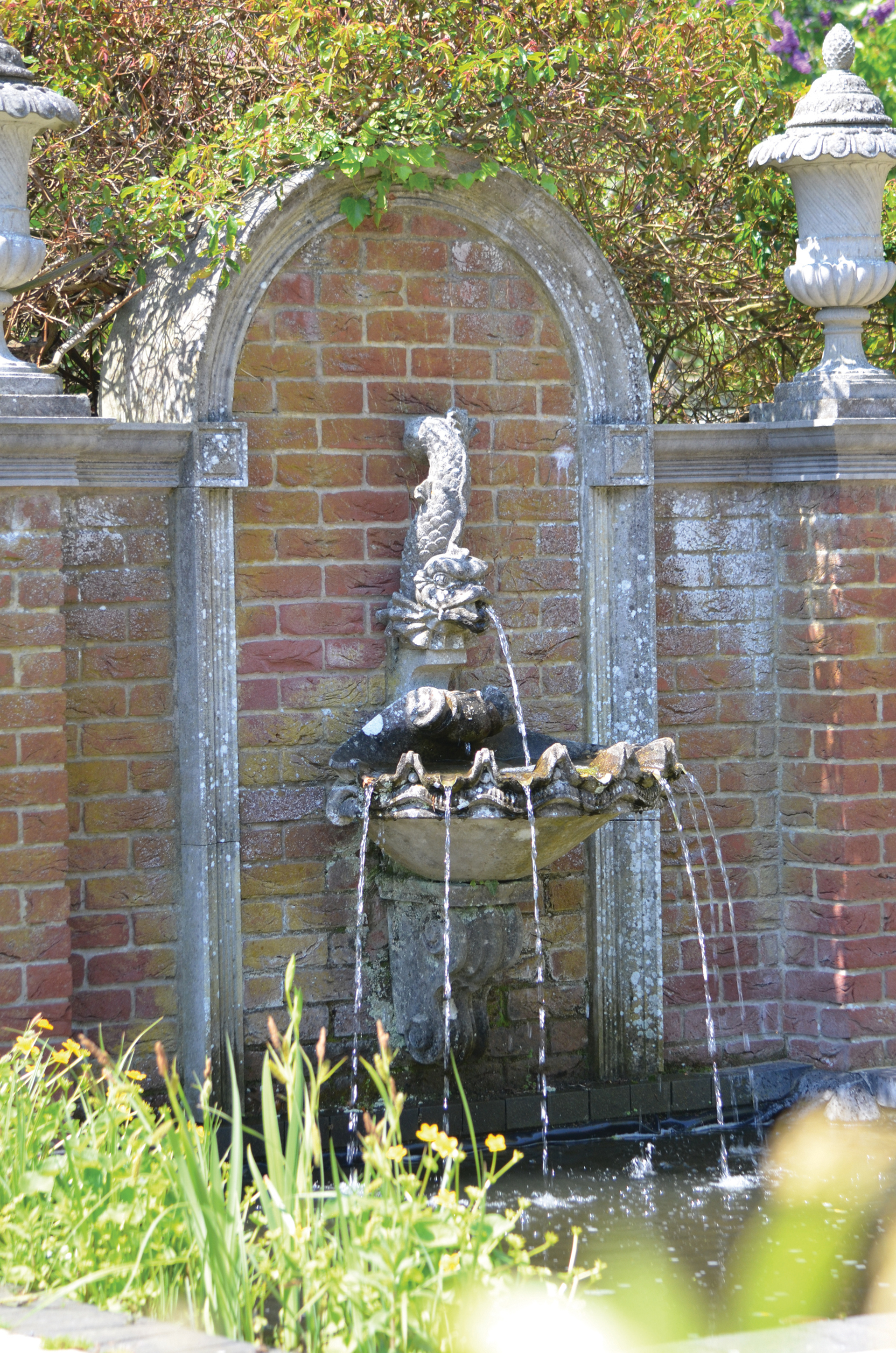
'It's possible to turn a bland and boring backyard into a landscaped escape full of creativity and whimsical touches with reclaimed and repurposed pieces,' says Rafi Friedman, president of Coastal Luxury Outdoors.
'Restored statues, fountains, and architectural elements like weathervanes and stonework make beautiful centerpieces,' he says. 'I’ve also seen designs featuring clawfoot bathtubs and fountains made from old bicycles.
‘As long as your item is made of weather-resistant materials like stone or metal, it's a great candidate for restoration and repurposing for your garden or patio.'

Rafi Friedman is president of Coastal Luxury Outdoors, who maintain, repair and build luxury swimming pools, driveways and summer kitchens across Jacksonville, FL
4. Shiplap
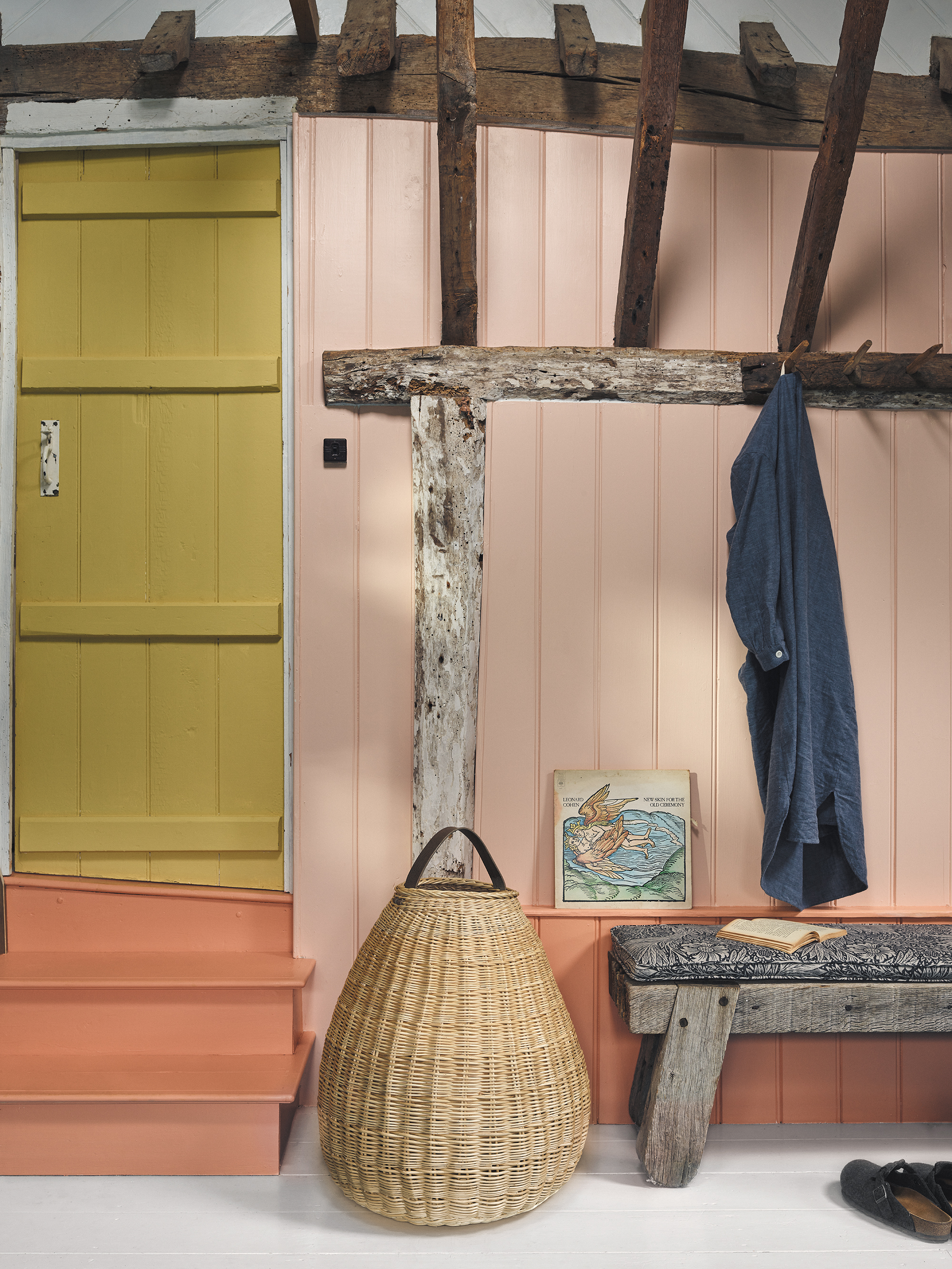
Shiplap is still a must-have for home renovators who want to bring some country farmhouse charm to their reno or contrast the rustic feel of raw materials with sleek and modern interior surfaces.
It’s also beloved by famous fixer-uppers Chip and Joanna Gains, who celebrate whenever they peel back old drywall to reveal the original boards on an accent wall.
Shiplap gets its name from…ships. It was how shipbuilders made boats watertight by overlapping timber boards. This type of joint makes it weatherproof even in harsh climates, so it is often used on the exterior of buildings. Whether laid horizontally or vertically, it has a classic look that’s well worth rediscovering if it’s been covered with drywall or cheap paneling that makes your home look like a 1970s sauna.
Once you’ve removed the ‘new’ covering, you will need to remove any tacks or nails that were holding it in place. If it was glued on, a heat gun and scraper should help you get the worst of it off. Fill any holes with wood filler and sand smooth before painting or applying a natural finish.
5. Wrought iron
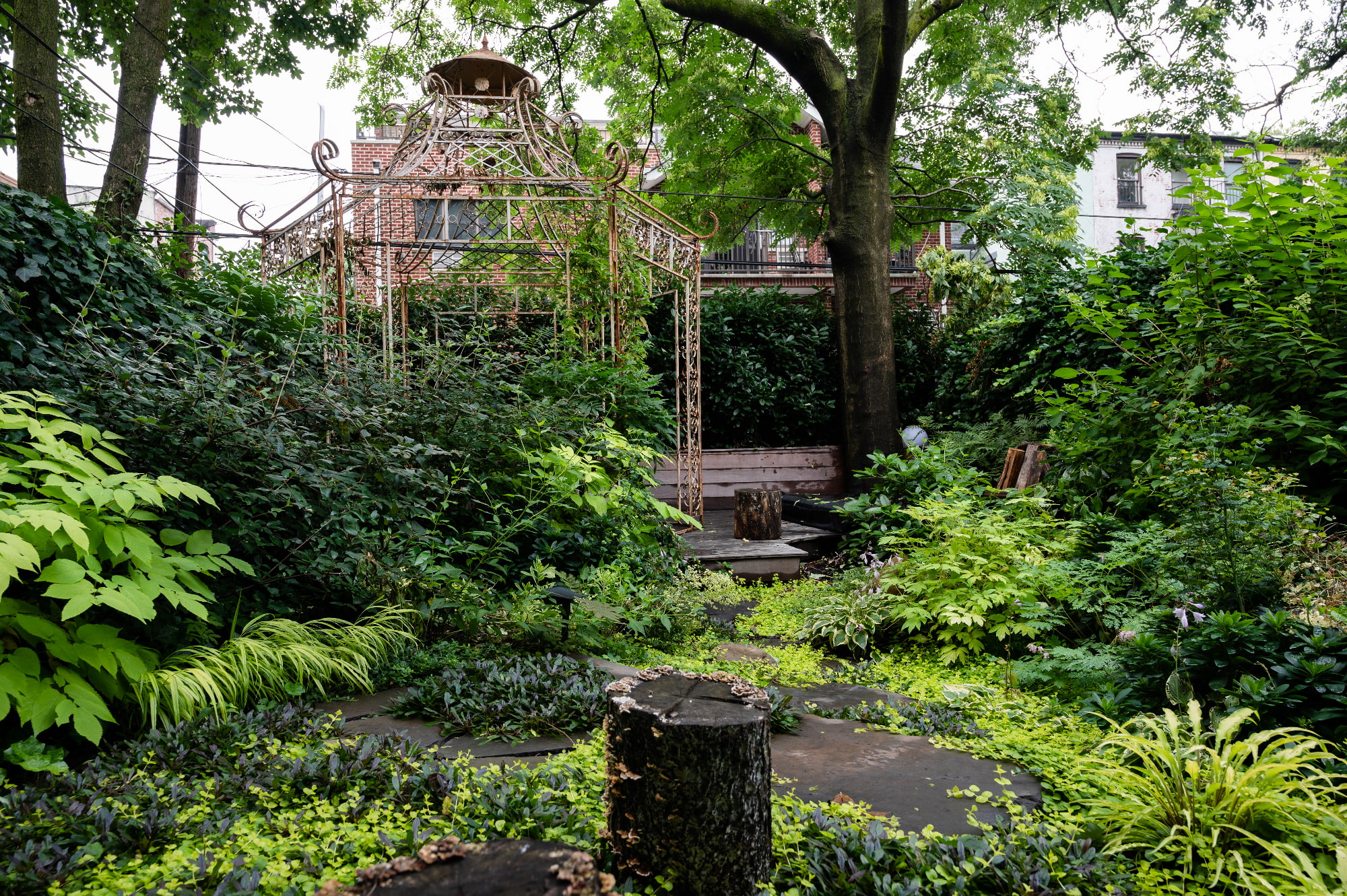
Fawn Galli’s Brooklyn townhouse garden.
Restored iron can bring vintage grandeur to any setting, even when put to very modern use, such as creating a surround for a hot tub in the yard behind Fawn Galli’s Brooklyn townhouse. The talented interior designer enlisted Urbangreen Gardens to create an exterior green space that reflected the design of her home, which she describes as an 'odd assemblage of items that make you question where you are'.
'She wanted a brownstone garden with a hot tub but privacy surrounding it as intrusive sightlines are a big and accepted challenge of an urban garden,' says Thomas Little of Urbangreen Gardens. ‘We introduced an exquisite 1920s vintage gazebo from an estate in the midwest. We sourced it from Detroit Garden Works and had it shipped to NYC, which was considerably more cost-effective than purchasing and installing a new structure.
‘With its grand dimension and timeless beauty, the wrought iron structure became the focal point of the garden. It effectively delivered privacy for a dip in the hot tub, as well as dimension to the dark, narrow corridor-like space.’
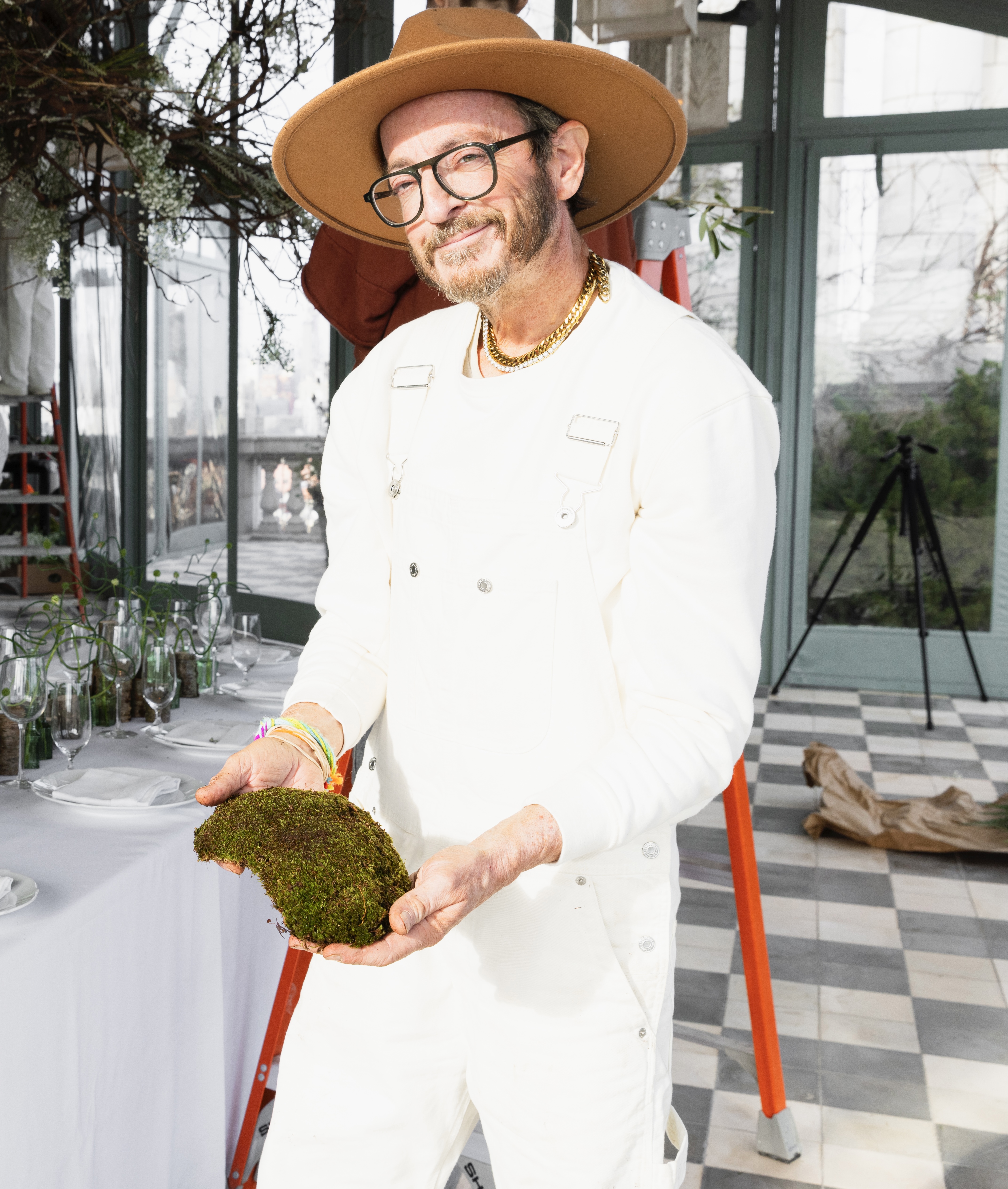
Thomas Little is the founder and principle designer of Urbangreen Gardens, a full service garden design firm based in NYC. It takes a bespoke approach to create unconventional green spaces where clients feel a sense of expansion, wonder, and wildness.
6. Fireplaces
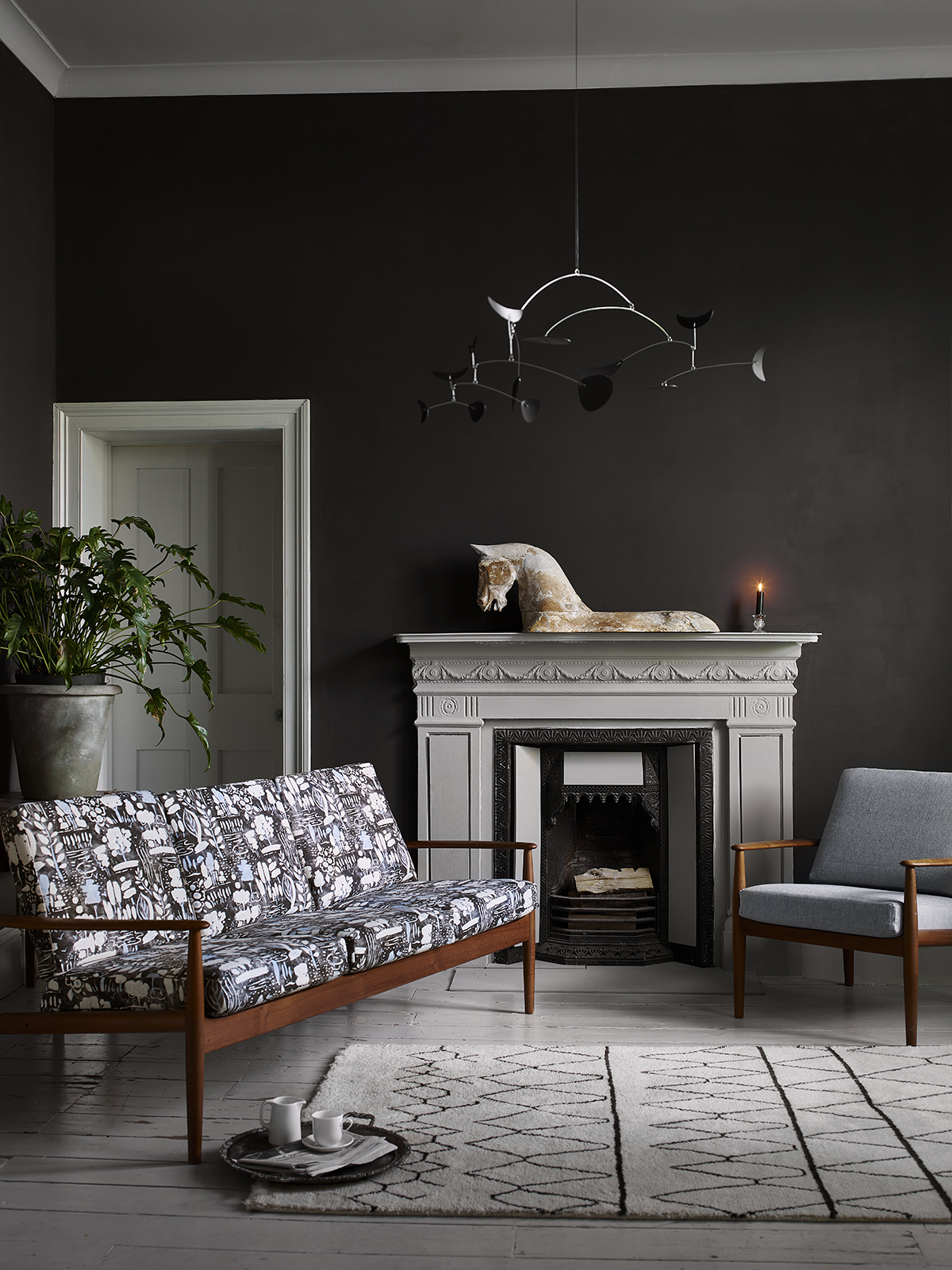
Fireplaces used to be the heart of any room, but could be forgotten or neglected over time as ducted warm air was used to heat the whole house. Some might have been replaced or concealed by more modern gas or electric fires. But a period fireplace can not only add ambiance to a space, but it can also supplement other forms of heating in the home in a particularly cold climate.
If you’ve discovered a hidden period gem (lucky you!), then there will be a few steps you’ll need to take to make it safe to use. The chimney will need to be swept, and it may need to be relined if the old lining has cracked or deteriorated. If the firebox has been replaced, you can have it swapped with one that is more in keeping with the age of the house.
Rust on fireplaces can be cleaned off with rust remover or white vinegar, though cracks might need to be professionally welded. Use a cast-iron stove polish like this from Walmart to protect it and give it a sheen that makes it look like new
7. Reclaimed wood flooring
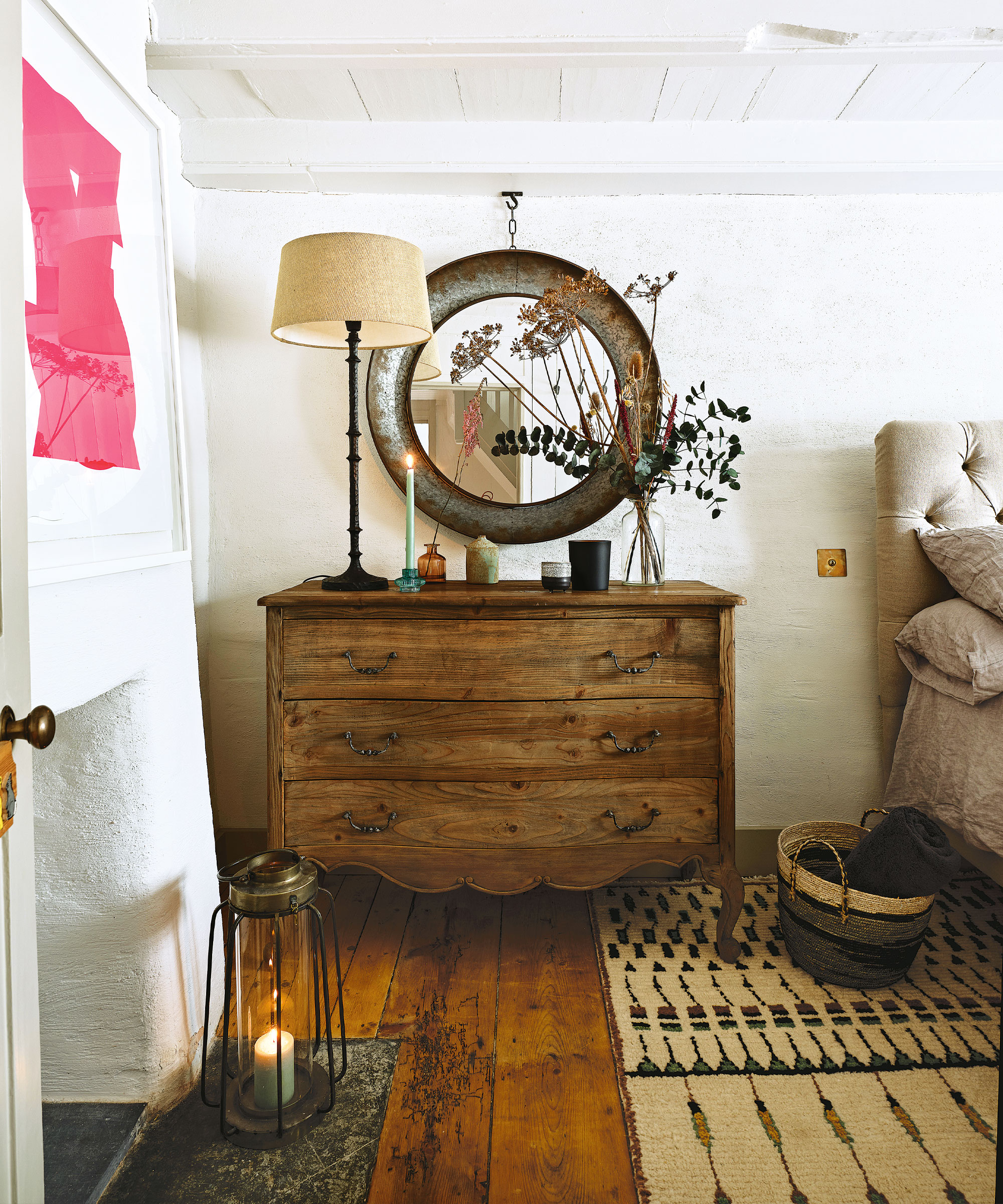
Old timber floorboards tell a story in your home that freshly cut wood simply can’t, bringing the natural patina and warmth of age. In the spirit of sustainability, reclaiming wood that’s been harvested from barns or timber buildings to reuse on your living room, den or bedroom flooring or walls is a much greener option.
The colorful markings on reclaimed gym floors can make a bright splash on your walls or floors. Before using, make sure that the wood hasn’t been damaged in any way, either through water warping it and preventing it from laying flat or being targeted by termites or other wood-eating bugs.
8. Bricks and lumber
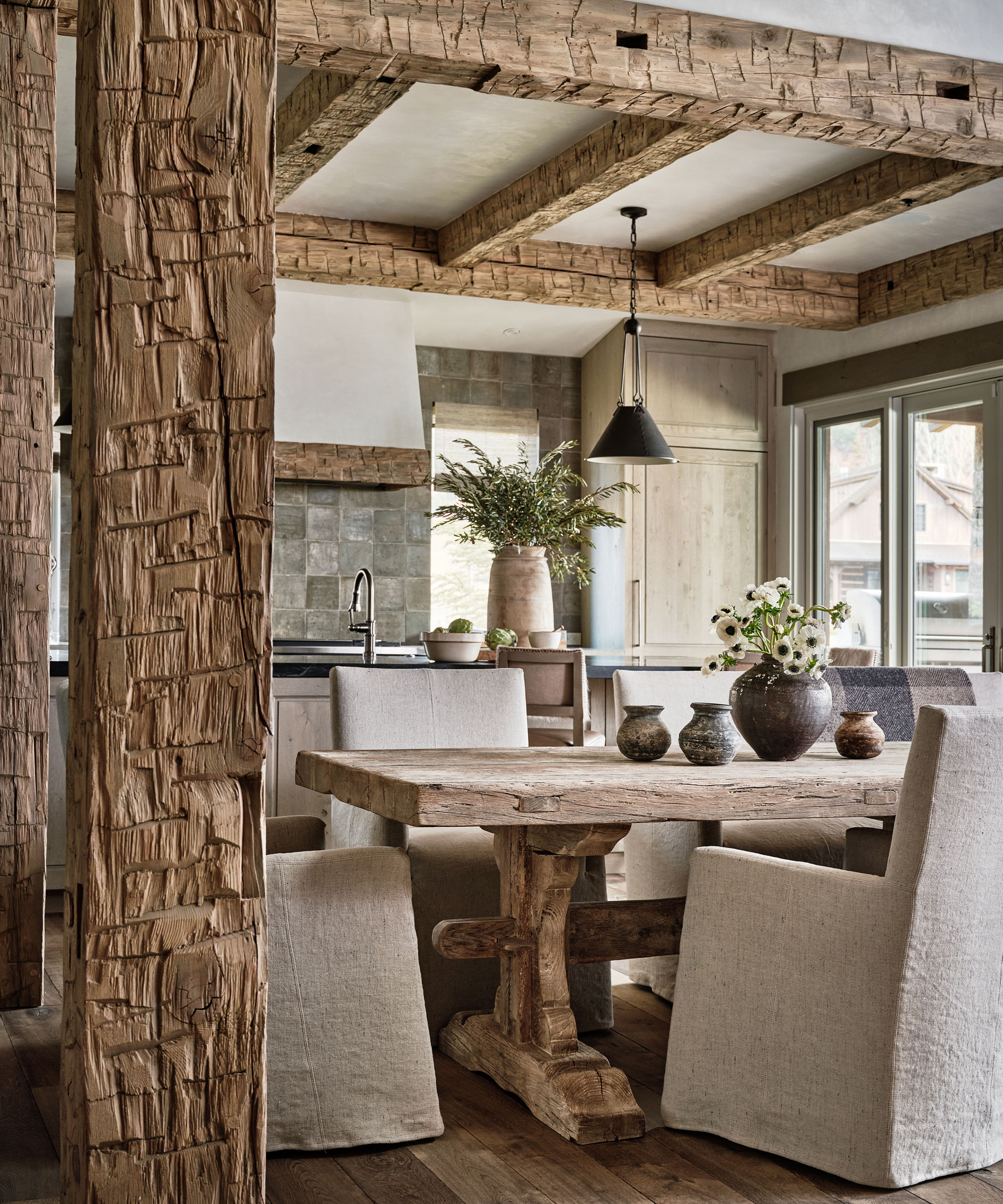
If an old house or commercial property is being torn down, it offers a great opportunity for resourceful contractors or DIYers to stock up on building materials for future projects.
‘Keeping an eye on local demolition sales can really pay off when bigger renovations are happening in the area,’ says Jack Thweatt, a DIY woodworking expert. ‘During teardowns of old homes or structures, entire truckloads of quality old lumber, bricks, siding, and more often come available. It just takes some sorting through to cull out any materials that were treated with anything harmful.
'I've got stacks of pristine barn wood for my workshop area that way. With some patience and luck, great vintage materials can be sourced for remodeling that really gives a unique, authentic feel.'

Jack Thweatt is a worship leader, DIY woodworking expert, and founder of Called, which connects ministry professionals with the community. He has a passion for building, maintaining, and customizing wood furniture and decorations.
For a masterclass in reusing pieces from the past to create a stunning character home that's perfect for modern living, check out interior designer Ken Fulk's transformation of this 18th-century Provincetown home.
Sign up to the Homes & Gardens newsletter
Design expertise in your inbox – from inspiring decorating ideas and beautiful celebrity homes to practical gardening advice and shopping round-ups.

Alison is a contributing gardens writer for Homes & Gardens, writing on a range of topics from plant care to garden design. She has recently landscaped the outside space of her Victorian home, replacing crazy paving and cracked slabs with new lawn, and is currently cultivating a fruit bed.
-
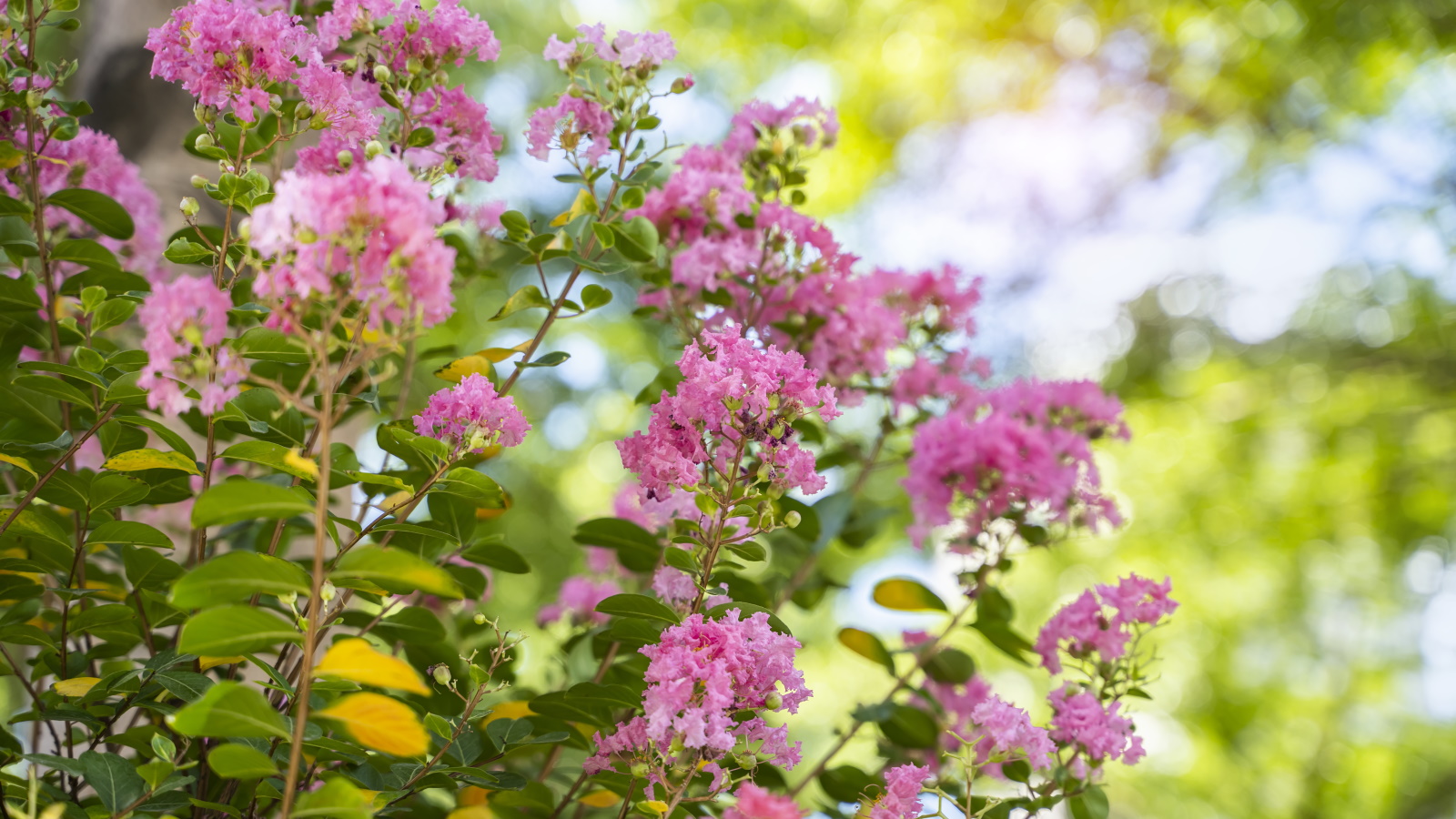 How to grow crepe myrtle in pots – and transform even the smallest of yards with dazzling flowers this summer
How to grow crepe myrtle in pots – and transform even the smallest of yards with dazzling flowers this summerGrowing crepe myrtles in pots will inject splashes of brilliant color into your outside space
By Thomas Rutter Published
-
 I've spent over 200 hours testing vacuums and swear by my two Dysons – this is how I properly clean a Dyson vacuum filter for longer-lasting appliances
I've spent over 200 hours testing vacuums and swear by my two Dysons – this is how I properly clean a Dyson vacuum filter for longer-lasting appliancesYour Dyson vacuum will last much longer and clean at its best
By Dan Fauzi Published